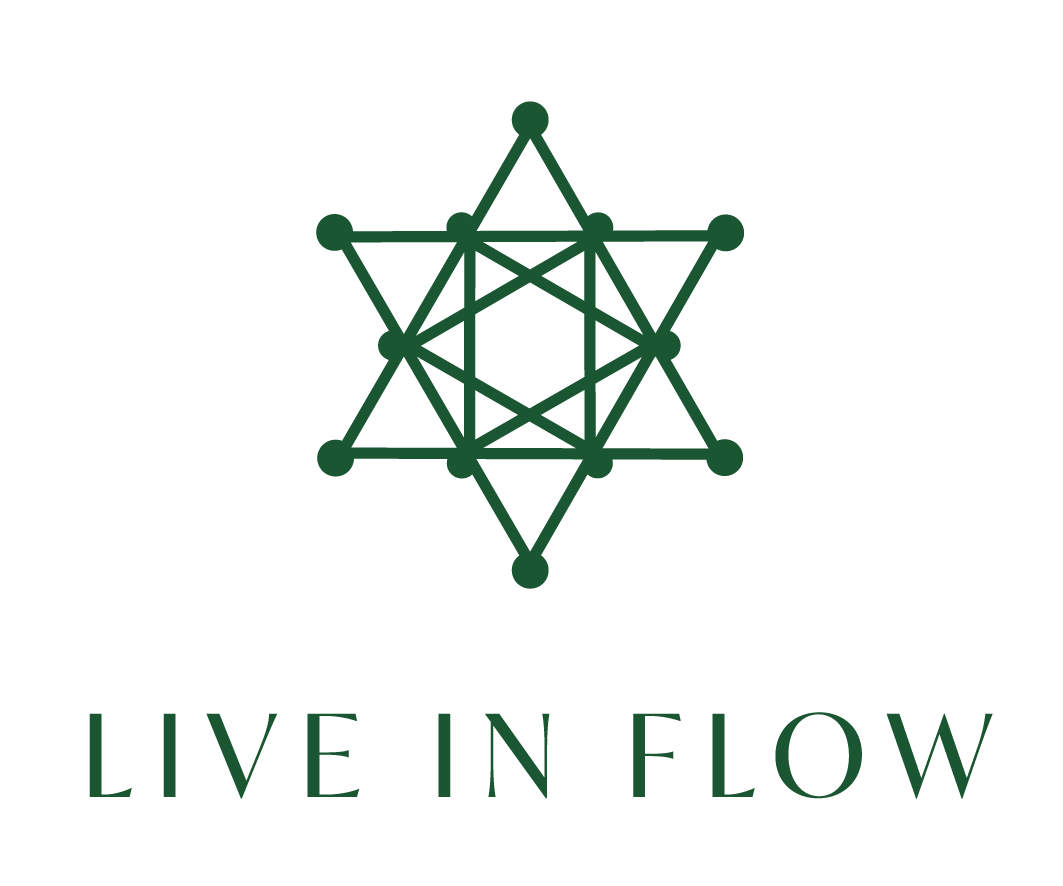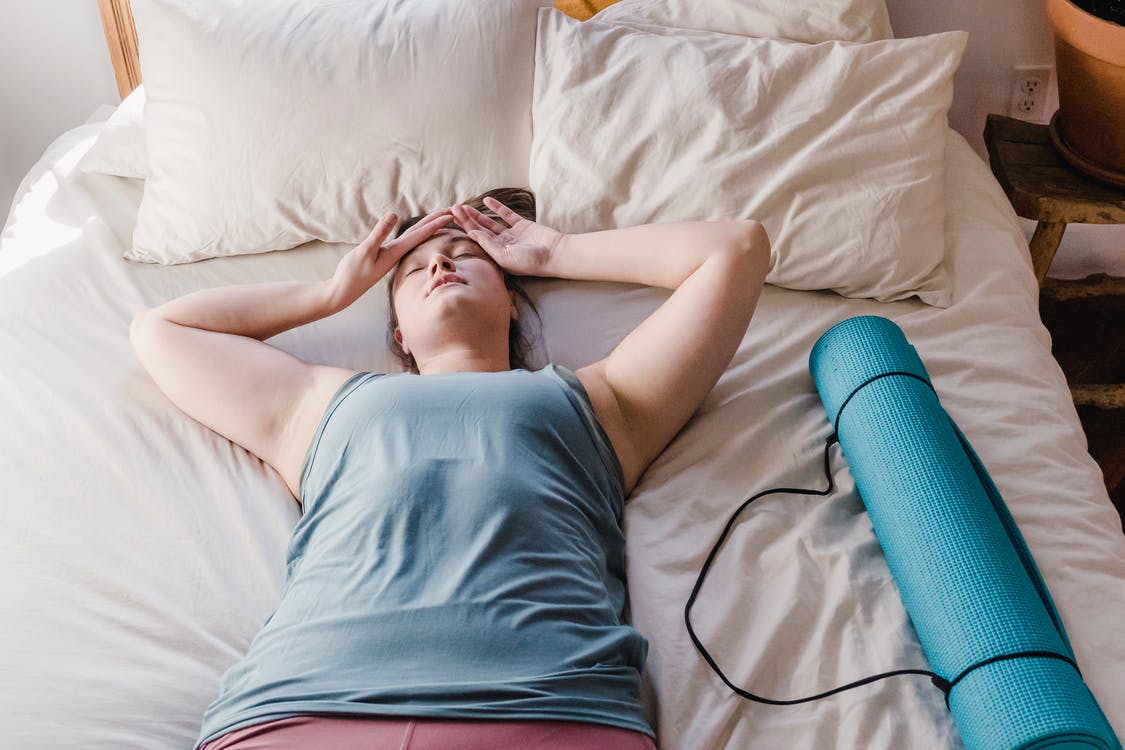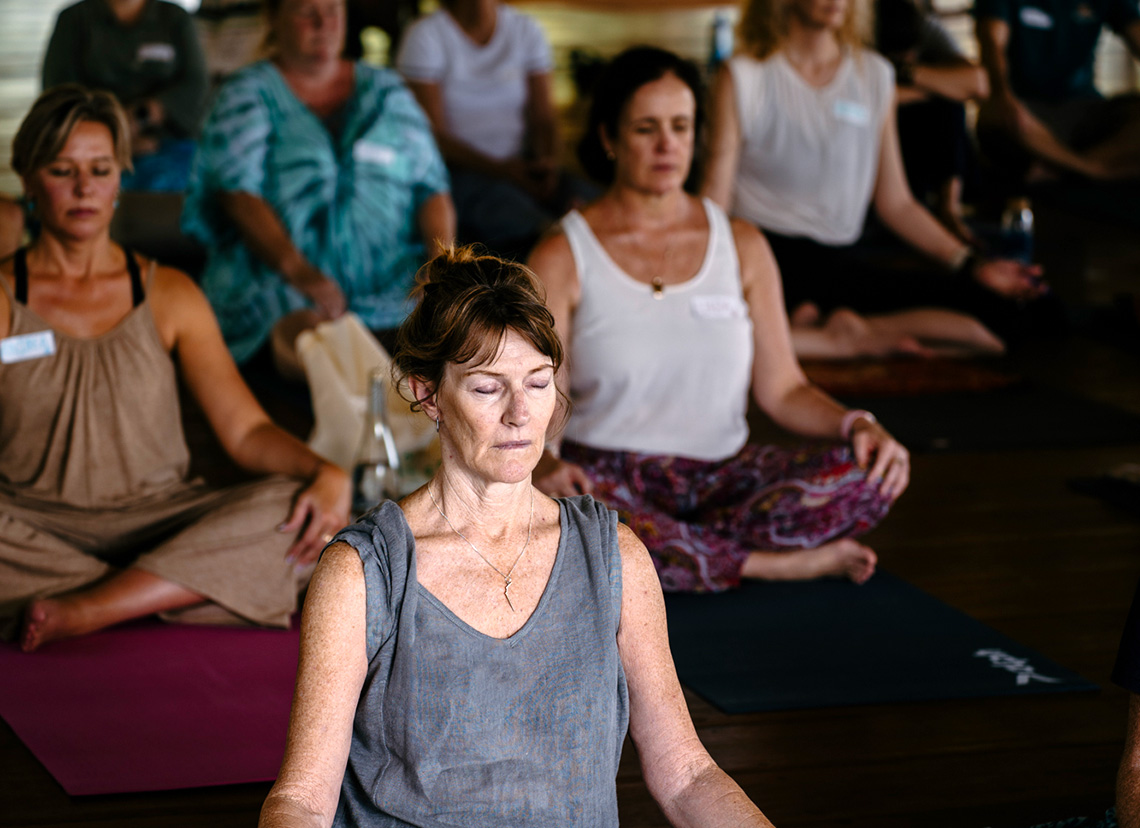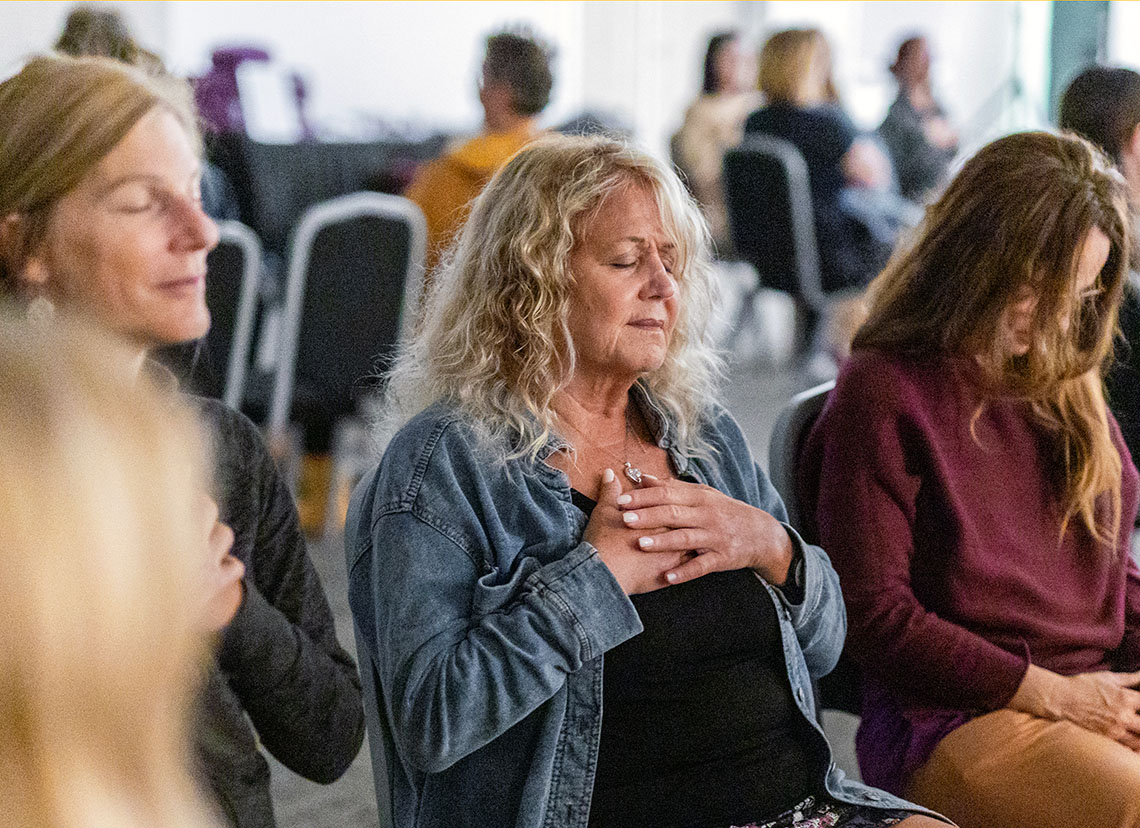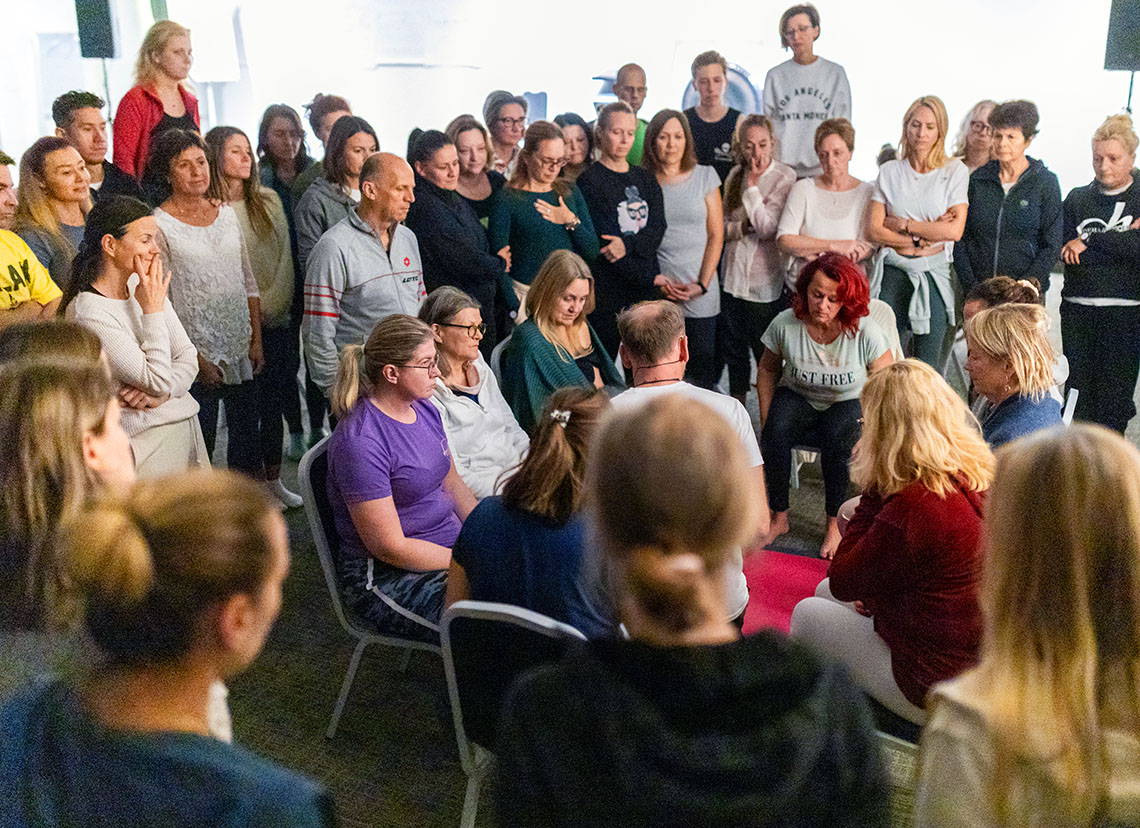There are very few people you speak to who aren’t tired these days.
At the end of a busy week. At the start of a busy week. When you go to bed. When you wake up.
While some people seem to be permanently exhausted regardless of how much sleep they get, this is the time to lean in to whether your exhausted state is a messenger for something bigger in your life.
If you’ve slept and slept but still can’t seem to combat the exhaustion, here are some questions to ask to find out what ongoing tiredness might be trying to tell you.
1) Are you getting enough quality sleep?
While you might be sleeping a lot, is the sleep optimal? The body is most optimised approximately 90 minutes before midnight, so getting eight hours and falling asleep well before 10 pm will help you feel more refreshed than sleeping from 2 am to 10 am. Observe your bed time and if sleep is broken, too late at night or you’re sleeping during the day, your sleep might not be of the quality required for a refreshed body and mind.
2) Are you supporting your body?
In a modern world, we have to give our bodies a helping hand to thrive. Are you getting enough exercise, are you eating enough nutritious food and avoiding sugar and stimulants, do you need to take supplements to balance hormones or deficiencies?
Identify any areas that might need some due care and attention and make sure you’re ticking all the boxes if you still feel tired.
3) Are you in tune with your circadian rhythm sleep/wake cycle?
The easiest way to identify your circadian rhythm cycle is by avoiding blue and artificial lights before bed, falling asleep when you’re tired at night and switching off the alarm clock in the morning. Do this for a few days and you’ll easily identify the time your body naturally needs to sleep. Devices, socialising and working shifts and waking up before your body is ready can all lead to feelings of tiredness the next day even if you feel like you’ve had enough sleep and ‘should’ be rested.
4) Do you have a medical condition?
If you’re feeling tired and everything else is in check, arrange blood tests and a general health check through your GP or health practitioner. While tiredness isn’t always related to a medical condition, ruling out illness will keep you on track.
5) Do you need to introduce self-care?
Do you spend so much time and energy looking after everyone else that you fail to prioritise loving kindness for yourself? If so, you’re certainly not alone. Ask yourself when you last got a massage, took yourself to the beach or shopping for a day, or simply went into the bush with a good book and some solace. We need to take control of ourselves as well as others and your tiredness might simply mean it’s your turn to be cared for.
6) Are you trying to avoid something?
Needing sleep doesn’t always mean you’re tired. Have you got a big life decision coming up that you don’t want to make? Is an important relationship coming to an end and you’re not sure which way to turn? If so, your tiredness might be a way of avoiding something important or you might just need more time to process things. Sit quietly and ask your heart what the important issues are that need facing.
Accept it
If you’re still tired, accept it. Stop telling yourself that you must have had enough sleep. Your heart and body decide that not your mind, your colleagues or your culture. Be present with your body and observe what it is trying to tell you, but most of all, be gentle, loving and patient with yourself until energy levels are restored. If the body is tired, no amount of sleep will be enough. One thing we do know for sure, if you don’t listen to your body when it whispers subtle signs…it will start to shout.
